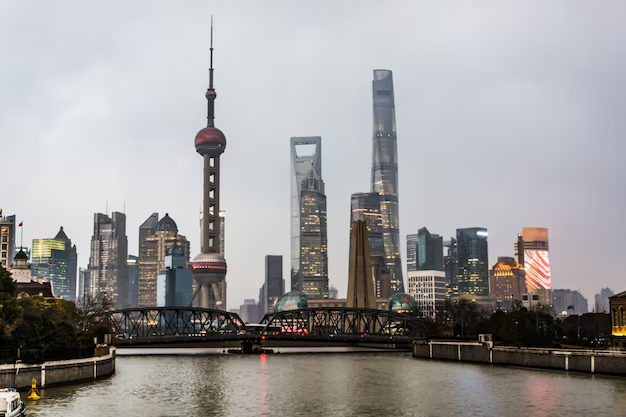
Saudi Arabia’s top diplomat visits Lebanon, signaling a potential reset in ties and urging reforms as the crisis-hit nation seeks Gulf support for recovery.
Saudi Arabia’s Foreign Minister, Prince Faisal bin Farhan, made a historic visit to Beirut, marking the first high-level engagement between the two nations in nearly a decade. The visit comes as Lebanon grapples with an unprecedented economic crisis and seeks to mend strained relations with Gulf states. Prince Faisal’s trip underscores a potential reset in Saudi-Lebanese ties, offering a glimmer of hope for a nation in dire need of reform and reconstruction.
Lebanon’s Struggles Amid a Deepening Crisis
Lebanon’s challenges are immense. Since 2019, the country has been engulfed in a financial collapse widely blamed on corruption and years of mismanagement. The situation has left the nation teetering on the brink of economic ruin, compounded by the destruction caused by the Israel-Hezbollah conflict. International donors have long demanded substantial reforms as a condition for releasing billions of dollars in aid—funds critical to stabilizing Lebanon’s faltering economy.
The recent election of President Michel Aoun has sparked cautious optimism. Aoun’s leadership ended more than two years of political paralysis, and his administration now faces the monumental task of addressing Lebanon’s crises. With Nawaf Salam, a respected former judge of the International Court of Justice, named as prime minister-designate, hopes are rising for a government capable of enacting meaningful change.
Saudi Arabia’s Renewed Engagement
Saudi Arabia, once a major investor in Lebanon, had significantly reduced its involvement due to Hezbollah’s growing influence in the country. Relations soured further in recent years following diplomatic and trade disputes, including the recall of Gulf ambassadors in 2021 and Riyadh’s suspension of agricultural imports over drug smuggling concerns.
However, Prince Faisal’s visit signals a renewed Saudi interest in Lebanon. Speaking positively about Aoun’s election, the foreign minister emphasized the importance of tangible reforms. “We need to see real action and a commitment to a future-focused Lebanon before fully re-engaging,” Prince Faisal stated. His visit aimed to assess the new administration’s direction and inform the kingdom’s approach to Lebanon moving forward.
Challenges on the Path to Reform
President Aoun has made it clear that his administration is committed to reform. In his inaugural speech, he stressed the importance of the state maintaining exclusive rights to bear arms—an implicit challenge to Hezbollah’s significant military presence. Additionally, Aoun announced plans to visit Saudi Arabia on his first official trip abroad, a gesture aimed at rebuilding trust with the Gulf powerhouse.
Despite these overtures, Lebanon faces significant hurdles. Political divisions, entrenched corruption, and the influence of external actors such as Iran continue to complicate the path to reform. Nevertheless, Saudi Arabia’s willingness to re-engage offers a critical opportunity for Lebanon to stabilize and rebuild.
A Critical Turning Point
Prince Faisal’s visit represents a critical turning point for Saudi-Lebanese relations. As Lebanon seeks to rebuild its economy and repair its global standing, the support of Gulf nations will be essential. The kingdom’s renewed interest provides a chance for Lebanon to demonstrate its commitment to reform and regain its position as a stable, sovereign state.
The coming months will be crucial. Lebanon’s new leaders must deliver on their promises of reform to unlock international aid and rebuild trust with Gulf allies. If successful, this new chapter could mark the beginning of a brighter future for Lebanon and its people.
The post Saudi Arabia Engages With Lebanon To Strengthen Travel And Economic Stability appeared first on Travel And Tour World.




Comment (0)